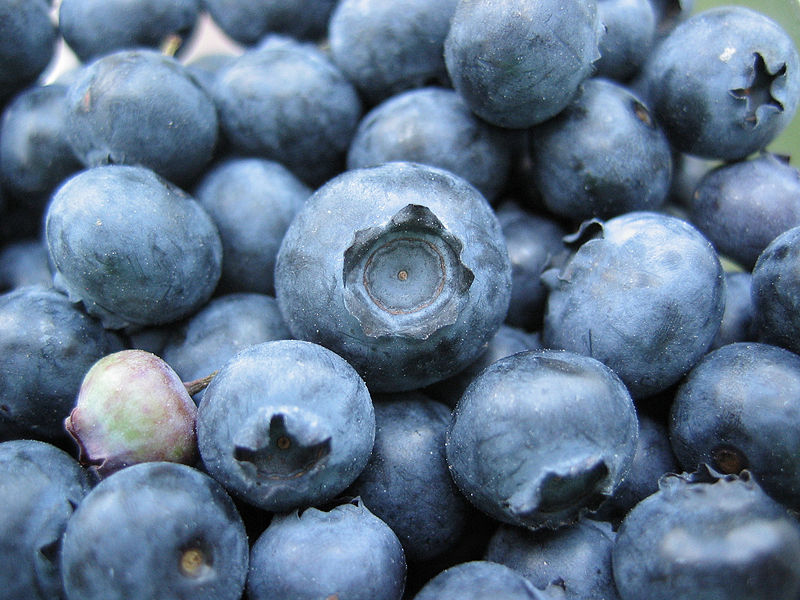Wildlife
Oaks under threat from invading insects, warming temperatures, disease
|
By Eric Freedman
Capital News Service
The mighty oak may be in trouble in the Great Lakes region – and climate change is largely to blame. A mix of factors is in play, including rising temperatures, more severe and intense rainstorms, increasing susceptibility to plant-eating animals and vulnerability to disease-causing microorganisms, a new study from Michigan Technological University says. “Oaks have evolved a range of adaptations to dry and hot conditions and have an increased range of suitable habitat with climate change,” according to the study in the journal Forests. They were a pioneer species in the Great Lakes region before widespread European settlement, said Amanda Stump, the lead author of the research, and can do well with extreme temperatures. Even so, the study warns, warmer winters, extreme weather events, diseases and extended ranges of herbivores “may still put oaks at risk.”
And that can jeopardize what Stump describes as the important role oaks play in supplying food – acorns – in the fall for bears, turkeys, birds and other wildlife.







